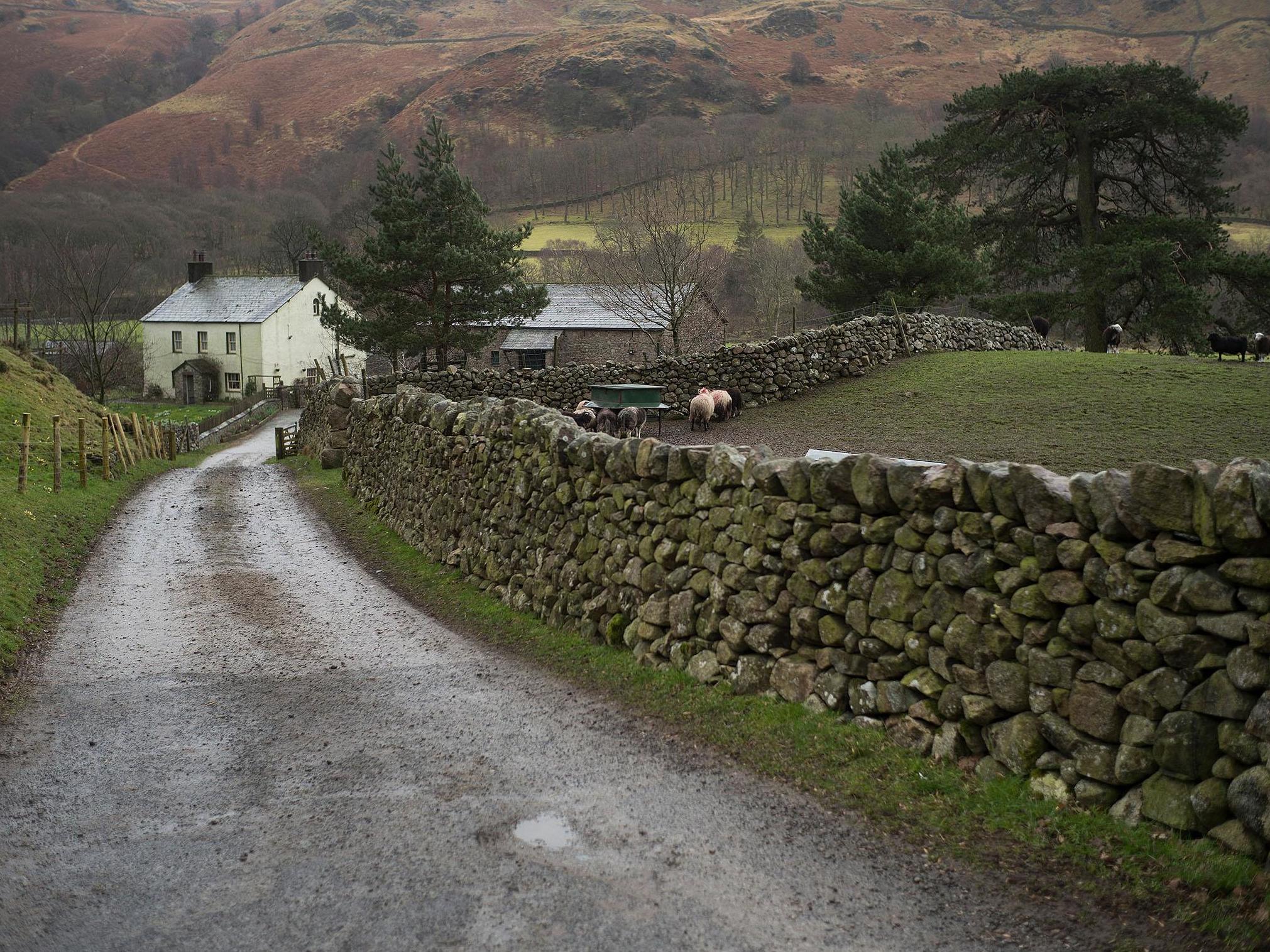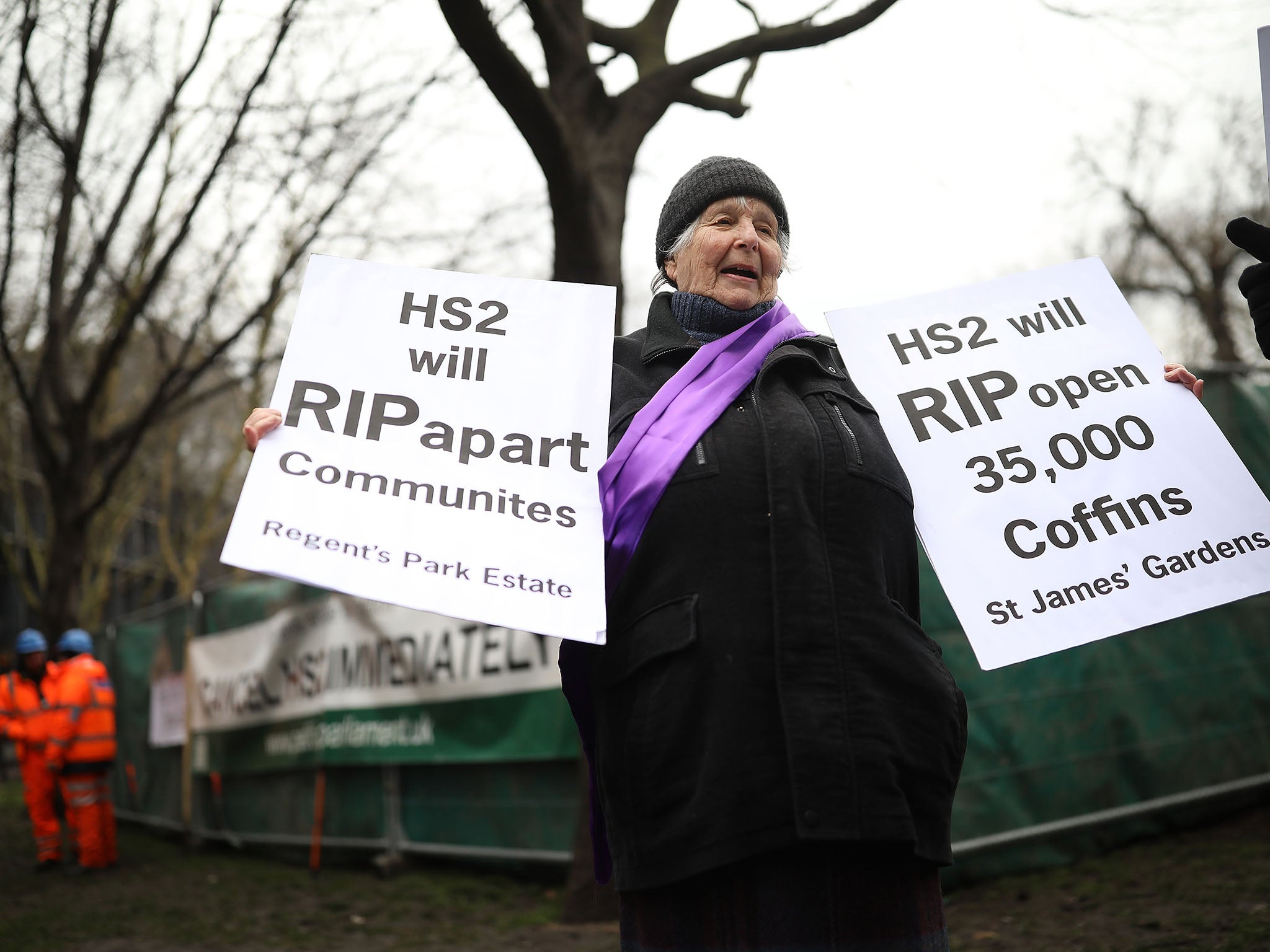The colossal HS2 bill could cost the north its much-needed railway
The billions spent connecting London and Birmingham threaten the vital second stage connecting the rural north, argues Chris Blackhurst


By now, if things had gone to plan, we would have been stuck deep in to Leveson 2 – the second part of the judicial inquiry into the behaviour of the British press, following the phone-hacking scandal.
In many ways, this latter bit was always going to be the more interesting, delayed until after the criminal prosecutions were completed, and intended to look into the relationship between sections of the media and the police. But, to the fury of campaigners for press reform, Leveson 2 has been canned. The official reason given is that the media landscape has changed since the whole Leveson review was first established, and justice has already been served with the criminal cases. Unofficially, within Westminster and Whitehall, the world has moved on, the momentum has gone, and there is simply no appetite for it.
The Leveson experience is worth referencing in the context of another cause celebre, similarly a focus for much political huffing and puffing – one that is far bigger in scope and cost, but is also intended to be enacted in two sections. I refer to HS2, the new high-speed railway between London, Birmingham and the north.
Budgeted to cost £55.7bn, the project dwarfs all existing UK infrastructure schemes. The costs are mounting, even without any construction having started: to date, £4bn has been spent on just preparing for the first phase, from London to Birmingham.
To say the scheme is mired in controversy is an understatement. Battle lines have been drawn, and are hardening, between bodies with a direct interest or they’re variously concerned about use of public funds, and are particularly bothered about expenditure on this scale.
There are the fierce proponents of the development: the government, and those contracted to make it happen. They argue that HS2 will be well worth the present earmarked cost, maintaining it will deliver around £92bn in benefits, as well as 500,000 new jobs and 90,000 homes, by the time it is completed in 2033.
Against them are the likes of the House of Lords Economic Affairs Committee, which reports that the railway will not provide value for money, and risks “short changing” the north of England.
The committee remains “far from convinced” the promised service will be supplied within the current budget. Peers have concluded the first stage offered "little benefit" to the north, despite the region being in urgent need of better rail connections. And, they say the second phase, meant to improve journey times between northern locations, risks never going ahead because of spending overruns.
"The northern sections of High Speed 2 must not be sacrificed to make up for overspending on the railway's southern sections," says Lord Forsyth, who chairs the committee.

The Northern Powerhouse Partnership, the campaigning group chaired by George Osborne, which is pushing the case for new policies designed to boost the economy in the north, taking in transport, education, and business, is pushing the case for the need for completion of the whole project. Osborne’s body sees a total HS2 as a vital piece in the jigsaw joining other, separate projects, such as Northern Powerhouse Rail, to improve journey times to and from smaller northern cities and towns.
Henri Murison, director of the Northern Powerhouse Partnership, says: “Northern business and civic leaders all agree we need HS2, Northern Powerhouse Rail and more investment in key road and mass transit schemes for city regions.”
Then there are those who argue HS2 is a sheer waste of money, that the final bill will be a lot higher, and the cash could be more usefully diverted to other projects. The TaxPayers’ Alliance, for example, has published a list of 28 lesser developments around the country that could be financed if HS2 was ended.
"It will cost up to £120bn by 2050 to do everything needed as well as HS2. Those are the real sums," fumes the Alliance.
For the north, the stage of HS2 that brings the gains the area so urgently requires is the second one, cross-country, connecting the cities and then, with the additional schemes, to satellite destinations. The bit that will not make such a big difference is the first, London to Birmingham. But the way the HS2 enterprise is structured means you can’t have the second without the first.
And that’s the problem. As the Lords committee points out, if the first portion runs into difficulties, and the cost escalates, enthusiasm will wane, and criticisms will rise – posing serious questions for the vital, second stage.
While there is a possibility the second part can be terminated, and public money saved, there will be those carping. The amounts of funding are so colossal, with only one segment of the nation standing to receive a boost, that opposition will not diminish. It’s the same with Trident, where even now, with the nuclear submarine-building programme well advanced, the case is constantly made in some quarters for the money to be more usefully spent elsewhere.
HS2 will find itself identically targeted – indeed, the hostility is growing. And the second, distant, later section is especially vulnerable. It could so easily go down the same path as Leveson 2, and given the lack of decent, efficient, speedy rail services across the north, as opposed to up and down, to and from London, would be a terrible, lost opportunity.
Chris Blackhurst is a former editor of The Independent, and director of C|T|F Partners, the campaigns, strategic, crisis and reputational, communications advisory firm
Join our commenting forum
Join thought-provoking conversations, follow other Independent readers and see their replies
Comments